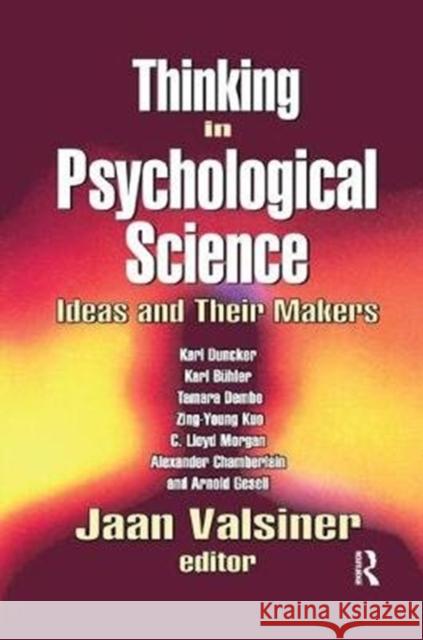Thinking in Psychological Science: Ideas and Their Makers » książka
topmenu
Thinking in Psychological Science: Ideas and Their Makers
ISBN-13: 9781138517288 / Angielski / Miękka / 2017 / 345 str.
Thinking in Psychological Science: Ideas and Their Makers
ISBN-13: 9781138517288 / Angielski / Miękka / 2017 / 345 str.
cena 224,78
(netto: 214,08 VAT: 5%)
Najniższa cena z 30 dni: 216,55
(netto: 214,08 VAT: 5%)
Najniższa cena z 30 dni: 216,55
Termin realizacji zamówienia:
ok. 22 dni roboczych.
ok. 22 dni roboczych.
Darmowa dostawa!
This book explores the development of ideas in psychology's past











